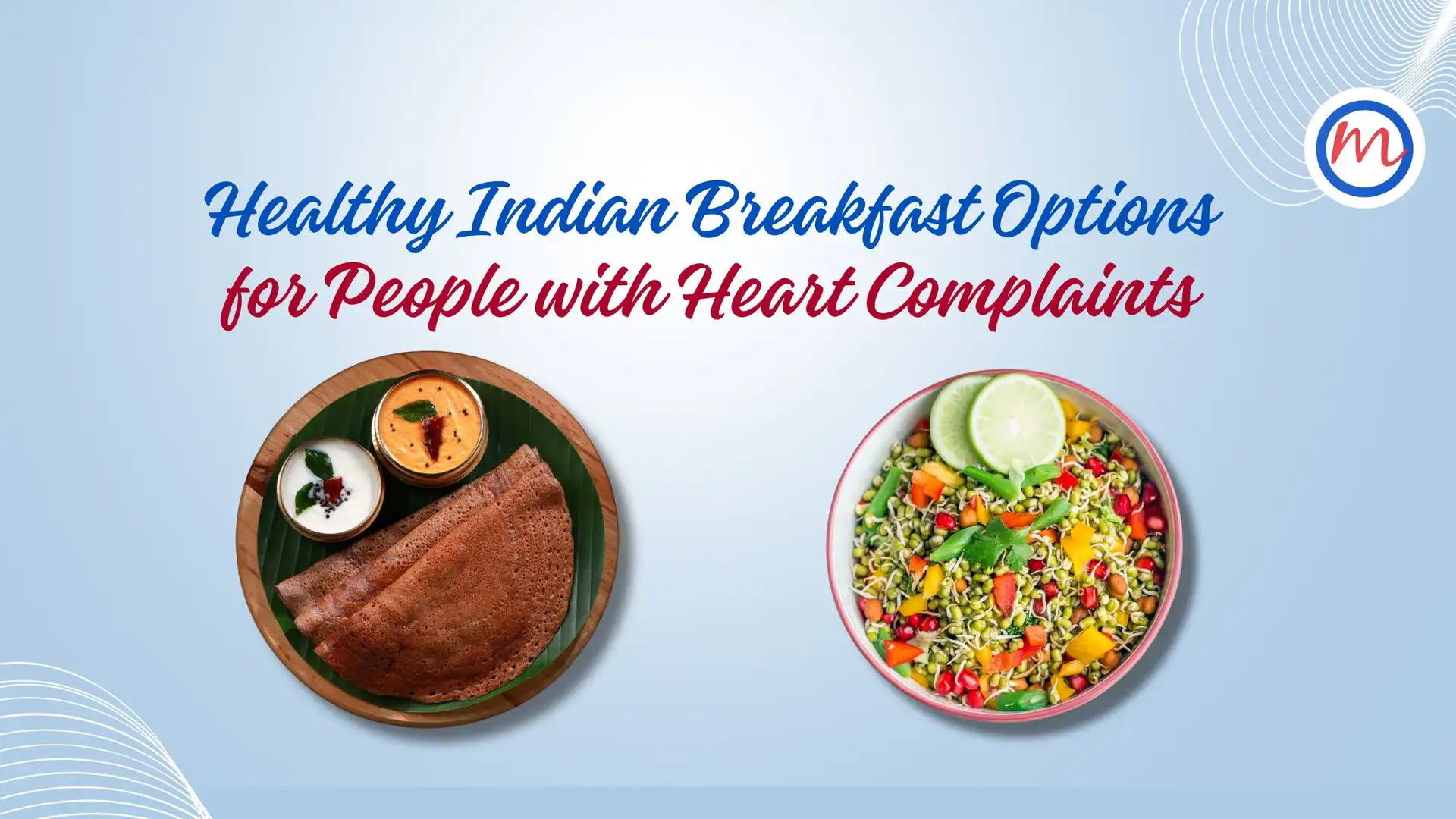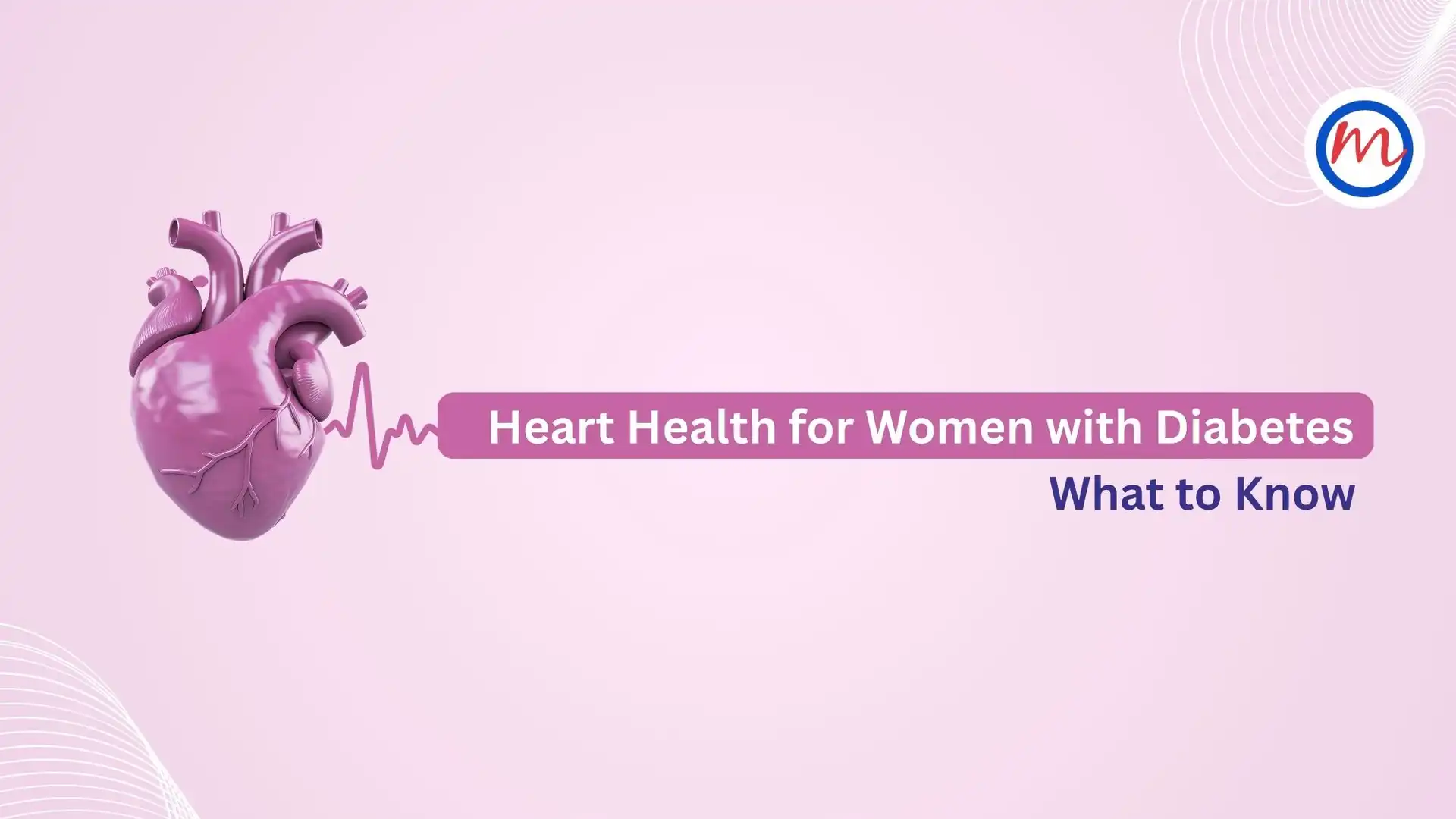Healthy Indian Breakfast Options for People with Heart Complaints
Introduction: Why Breakfast Matters for Heart Health
Breakfast is more than just the first meal of the day—it sets the tone for your heart health. In India, breakfast is often a festive and filling meal, but many traditional choices may not be suitable for people with heart complaints.
Fortunately, with a few smart changes, you can enjoy tasty, nutritious Indian breakfasts that support your heart. In this article, we will explore simple, everyday Indian foods that are both flavourful and heart-friendly, helping you make informed and delicious choices.
Common Indian Breakfast Foods and Their Nutritional Benefits
Many Indian breakfast staples offer a good balance of taste and nutrients. Here’s a look at a few:
- Idli – A light and steamed dish made from fermented rice and urad dal. Rich in probiotics and low in calories.
- Dosa – Crispy and satisfying, dosa provides carbohydrates and protein, though the oil content can vary depending on preparation.
- Poha – Flattened rice cooked with mustard seeds, curry leaves, and turmeric. Rich in iron and quick to digest.
- Upma – Made with semolina or wheat rava, upma offers complex carbs for sustained energy.
While these foods can be healthy, they often need customisation to make them more suitable for those managing cholesterol or heart conditions.
Why Traditional Indian Breakfasts May Not Suit People with Heart Complaints
Many traditional Indian breakfasts are carb-heavy, fried or loaded with saturated fats:
- Excessive use of ghee or butter increases bad cholesterol (LDL).
- Deep-fried items like pooris and vadas add trans fats that strain the heart.
- Refined flours (maida) lack fibre and spike blood sugar, indirectly affecting heart health.
- High sodium content in some pickles and chutneys may raise blood pressure.
Understanding these drawbacks is the first step to building a better breakfast routine that is both heart-safe and satisfying.
Heart-Healthy Indian Breakfast Swaps
Make these simple swaps for better cardiovascular health:
- Use cold-pressed oils like groundnut or olive oil instead of ghee or vanaspati.
- Replace white bread or maida-based foods with whole wheat, oats or millet-based options.
- Choose low-fat dairy products like toned milk or curd over full-fat versions.
- Add flax seeds, chia seeds and almonds for healthy fats and omega-3s.
- Drink herbal teas (tulsi, ginger or cinnamon) instead of sugary chai or coffee.
These swaps help improve lipid profiles, regulate blood pressure and maintain healthy body weight—all crucial for a healthy heart.
Heart-Friendly Indian Breakfast Recipes
- Oats Vegetable Upma
- Made with rolled oats, onions, carrots and beans, and tempered with mustard seeds.
- Rich in soluble fibre, helps lower LDL cholesterol.
- Ragi Dosa
- A South Indian twist made with ragi (finger millet) batter.
- High in calcium, iron and fibre—great for heart and bone health.
- Besan Chilla (Chickpea Pancakes)
- Made with besan, onions, tomatoes and green chillies.
- A protein-rich, oil-free breakfast alternative.
- Sprouted Moong Salad or Chaat
- Light, crunchy and packed with plant-based protein.
- Enhances satiety and supports weight management.
- Vegetable Dalia (Broken Wheat Porridge)
- Cooked with vegetables like bottle gourd, carrots and beans.
- Offers a perfect balance of complex carbs and fibre.
Tips to Incorporate These Breakfasts into Your Daily Routine
- Plan your meals in advance to avoid rushed, unhealthy choices.
- Cook in non-stick cookware to reduce oil usage.
- Keep boiled sprouts, pre-cut veggies and batters ready in your fridge.
- Try weekly meal preps—make larger batches and refrigerate.
- Involve family members and gradually adapt everyone to heart-conscious eating.
- Rotate dishes through the week to avoid monotony and ensure a diverse nutrient intake.
Conclusion: Small Changes, Big Impact on Heart Health
Maintaining a healthy heart doesn’t mean giving up on your favourite foods. By making conscious adjustments to your daily breakfast routine, you can enjoy familiar flavours while protecting your heart.
A diet that includes fibre-rich grains, plant-based proteins and healthy fats can dramatically reduce the risk of cardiovascular disease. Combined with an active lifestyle and stress management, your breakfast choices can play a vital role in managing or preventing heart complaints.
Start today—let your morning meal become your heart’s best friend.



